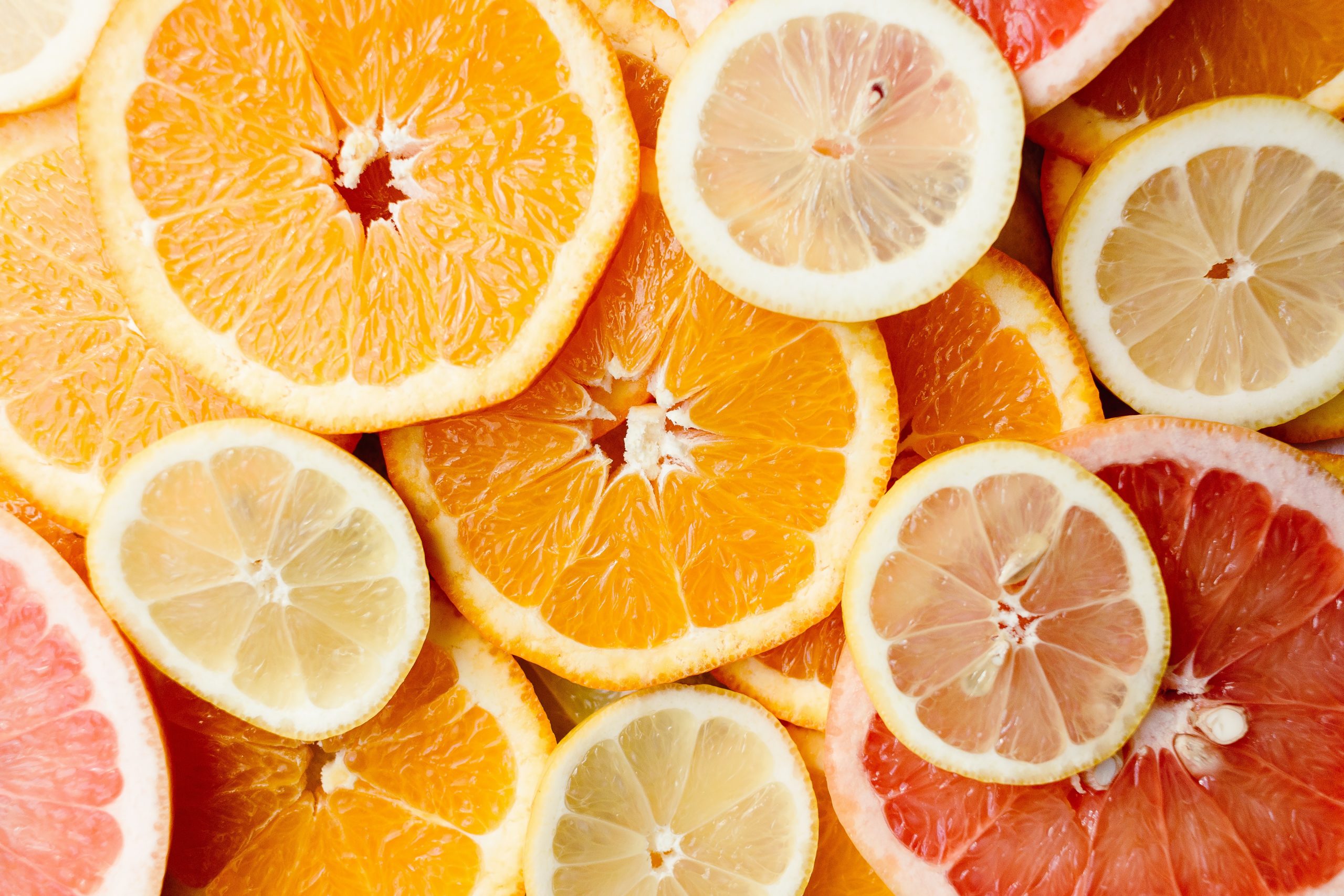
News
What Makes Lutein Vital for Your Vision and Eye Health

Your eyes need a range of vitamins and nutrients to remain healthy. Lutein, a carotenoid with anti-inflammatory effects, is essential for good eye health, and it has antioxidant properties that reduce oxidative stress. A type of nutrient found in the cells of many plants, carotenoids are phytonutrients, and it is the pigment that gives fruits and vegetables their vivid colours. In addition to supporting plants, these pigments benefit individuals who eat meals rich in phytonutrients.
Lutein is known as one of the best vitamins for the eyes. Along with it, zeaxanthin is also an essential carotenoid for eye health. It is structurally similar to Lutein, with slight atom differences. Only these two dietary carotenoids are prevalent in the retina. They are found in the macula area in the rear of the eye and are vital for vision. High amounts of Lutein and zeaxanthin in the eye tissue are related to improved vision, particularly in low light or brightness from the sun or light source.
Benefits of Lutein for Your Eye Health
As a powerful antioxidant, Lutein may protect the body, particularly your eyes, in various ways. It shields the body’s proteins, fats, and DNA from stressors and can even aid in the recycling of glutathione, another important antioxidant. Lutein and zeaxanthin also help to keep your eyes from free radical damage.
Your eyes are constantly exposed either to oxygen and light, which promotes potentially harmful oxygen-free radicals. As Lutein and zeaxanthin cancel them out, these free radicals can no longer harm your eye cells. According to the findings, numerous studies support Lutein’s beneficial effects as vitamins for eye health, improving vision sharpness, and enhancing visual contrast sensitivity. Moreover, many researchers also suggest that supplements with eye vitamins may be beneficial aside from a diet rich in lutein-containing fruits and vegetables. That is mainly in populations of high risk in eye conditions, particularly the elderly.
These nutrients can also reduce inflammation and convert light into electrical signals in the retina. They also help those signals reach the visual cortex in the brain while reducing cell death.
What Are the Good Sources of Lutein?
Lutein is found in a variety of foods. Leafy green vegetables have the highest concentration of this vitamin. Dark leafy greens, peas, summer squash, pumpkin, brussels sprouts, broccoli, asparagus, lettuce, carrots, and pistachios are all high in Lutein. Aside from that, the vitamin is prevalent in various foods, including egg yolks, red pepper, corn, and durum wheat.
This nutrient is best absorbed when combined with high-fat foods. That is because low-density lipoproteins are the primary transport vehicle for Lutein in the body. Although dietary consumption is typically the best way to obtain the Lutein you require, nutritional supplements that contain vitamins for eye health can also be used to supplement your intake.
Final Thoughts
The macula region of your eye contains high concentrations of Lutein and a similar phytonutrient, zeaxanthin. This part of your eye is critical for vision. Therefore, taking in Lutein from food and supplements is essential for maintaining good eye health. Its potent antioxidant properties may help reduce inflammation in your eyes, fight free radicals, reduce oxidative stress, and improve vision sharpness. It may also have benefits for various eye diseases and conditions, including age-related macular degeneration. Additionally, consult your doctor about the appropriate lutein dosage for you.
With 35-year expertise in providing numerous visual concerns with solutions, Vision & Eyes is one of the best vision health and optical care in the United Kingdom. We are committed to helping clients see much more clearly by providing the best supplements and vitamins for eye health in the market. Check out our products and let us help you improve your vision today!
